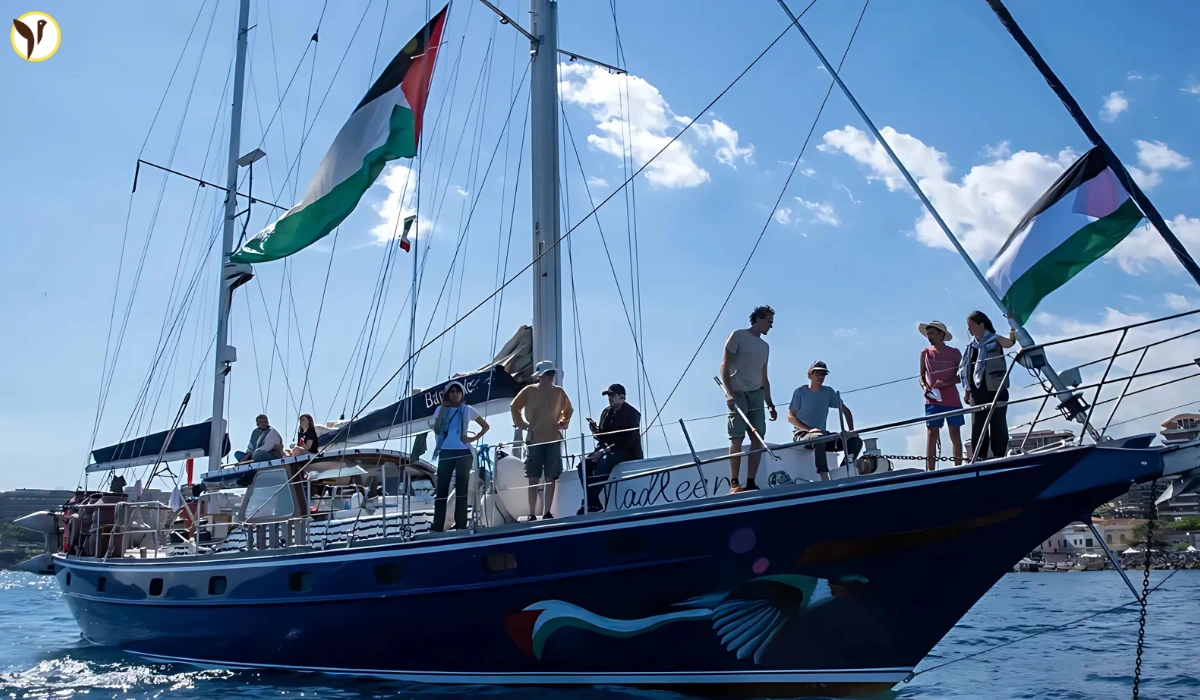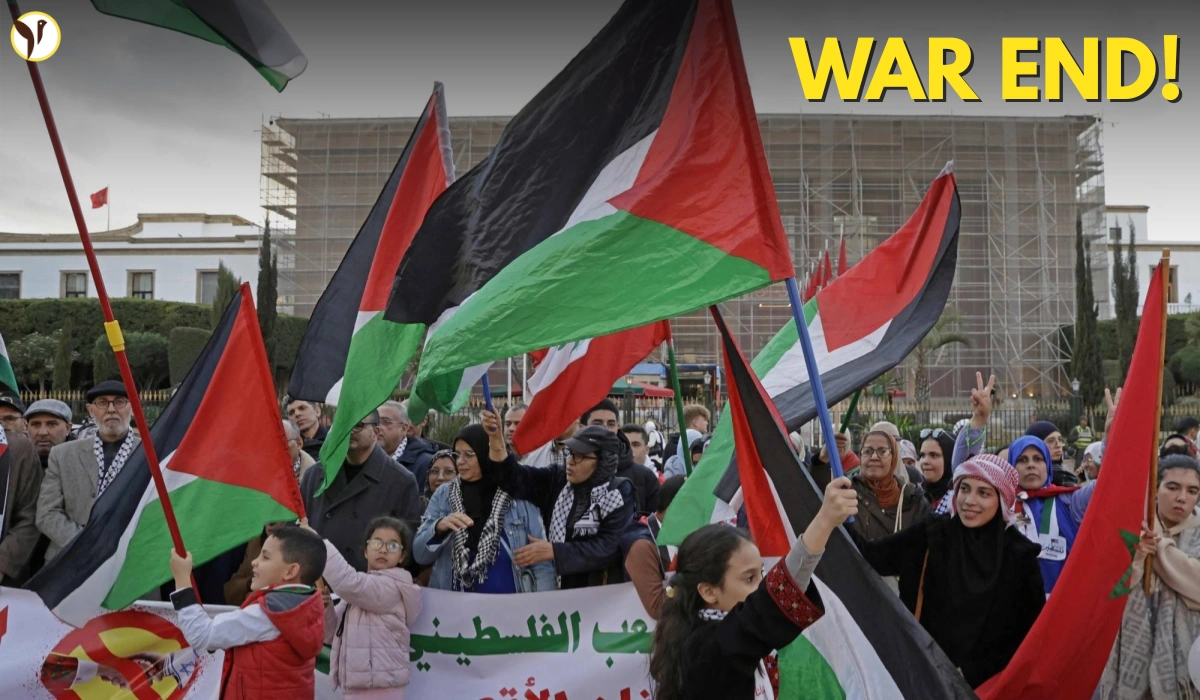Greta Thunberg, known worldwide for her climate activism, recently joined a humanitarian mission to Gaza to show solidarity with people affected by the conflict. The mission, called the "Freedom Flotilla," aimed to deliver essential aid such as baby formula, medical supplies, and food to civilians in Gaza. Thunberg boarded a British-flagged boat named Madleen from Catania, Sicily, on June 1, 2025. The yacht carried more than just aid — it carried a message of peace, justice, and support for the people living under severe restrictions due to the ongoing blockade. Greta’s presence on the mission brought global attention to the effort.
The purpose of the flotilla was not only to provide direct relief but also to raise awareness about the ongoing humanitarian crisis in Gaza. For Greta, this move expands her focus from climate justice to include broader issues of human rights and global equity. Her supporters see this as a natural step, connecting environmental concerns with social and political ones. The mission underlines the importance of empathy, global cooperation, and the right of people to access life-saving aid during conflict.
Israeli Navy Intercepts the Yacht
On June 9, the Israeli military intercepted the Madleen while it was in international waters. The order came directly from Israel’s Defense Minister, Israel Katz, who said the ship would not be allowed to reach Gaza. He described the flotilla as a political provocation and labeled it a “hate flotilla,” suggesting that the mission had more to do with public image than actual aid delivery. Israeli naval forces boarded the boat and redirected it to the Israeli port of Ashdod. Greta Thunberg and other passengers were briefly detained during the operation, though officials reported that no one was harmed.
According to the Israeli government, the interception was done according to international law and with the safety of the passengers in mind. All passengers were provided food and water and treated respectfully during the operation. However, this move has sparked criticism from human rights organizations and supporters of the flotilla, who argue that the mission was peaceful and should not have been blocked. The event quickly gained media attention worldwide due to Greta’s involvement, raising new questions about how governments treat humanitarian missions and whether maritime aid efforts should be respected or stopped.
Greta’s Team Calls It a Peaceful Mission
Supporters of Greta Thunberg and members of the Freedom Flotilla Coalition have condemned the Israeli interception, calling it unnecessary and unjust. They maintain that the mission was peaceful, unarmed, and solely intended to deliver aid to civilians in need. The team believes that boarding the ship in international waters was illegal and called the act a “kidnapping” of innocent civilians. A video message recorded by Greta before the trip was later released on social media. In it, she called on the Swedish government and the international community to ensure the safety and release of all passengers.
Greta emphasized that the flotilla was carrying urgent medical and nutritional supplies, not weapons or military aid. Her message focused on the right of people in Gaza to receive humanitarian assistance and the duty of the global community to protect those rights. She also connected the issue to larger themes, including global inequality, war-related suffering, and the urgent need for international solidarity. Many saw this as a powerful example of her evolving activism. While she started with climate strikes, Greta now speaks out on broader issues of justice — always with the same courage and clarity that made her famous.
ALSO READ: Israel Hamas Peace Deal: Agree for Ceasefire & Hostage Release
Broader Context of the Blockade
The Israeli blockade on Gaza has been in place since 2007 and is one of the main reasons why aid missions like the Freedom Flotilla are launched. Israel says the blockade is necessary to prevent weapons and materials for militant use from entering Gaza. However, critics argue that the blockade severely restricts access to basic goods, including food, clean water, fuel, and medicine. This has led to a major humanitarian crisis in the region, with the United Nations warning of famine-like conditions, widespread unemployment, and a collapsing healthcare system. The people of Gaza, especially children, are suffering deeply.
The international community has mixed views. Some support Israel’s right to defend itself, while others believe that the blockade has gone too far and causes harm to innocent civilians. The recent interception of the Madleen adds to ongoing debates about the legality and morality of the blockade. It also raises questions about whether peaceful missions can or should be stopped. Greta’s participation adds a new layer to this debate, bringing in a voice that has traditionally focused on climate issues but is now addressing human rights and justice in a conflict zone.
What Happens Next?
Following the interception, Israeli officials confirmed that all aid materials would be inspected and, if approved, delivered to Gaza through official channels. Greta Thunberg and the rest of the crew are expected to be repatriated to their home countries within days. Although the mission did not reach its intended destination, it succeeded in drawing global attention to the situation in Gaza. Greta’s involvement has brought new awareness to the blockade and the limits placed on aid and humanitarian relief.
In the days ahead, more discussions are expected within international organizations, human rights groups, and government bodies about how to address the ongoing humanitarian crisis. The Freedom Flotilla Coalition has also announced that more missions may be launched soon. Meanwhile, Greta has not issued a full statement after her release, but her supporters say she remains committed to raising awareness for Gaza and connecting the fight for climate justice to the struggle for human dignity and peace. Her actions continue to inspire a new generation of activists who see global justice as one connected cause.
Image Source: BBC










